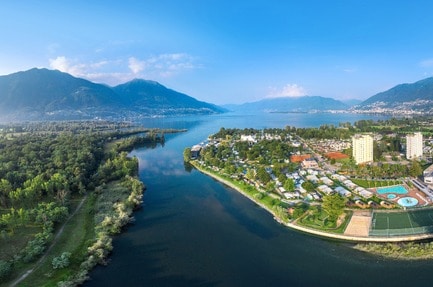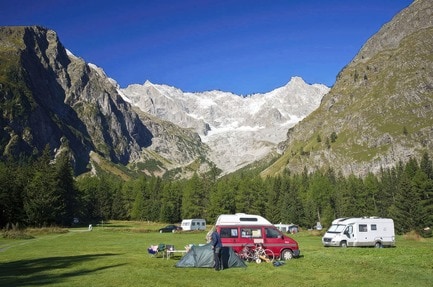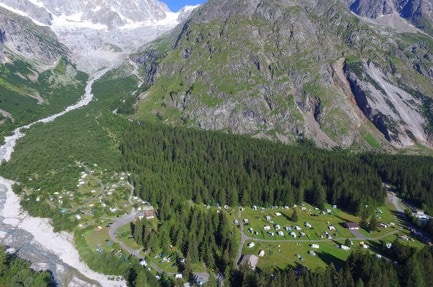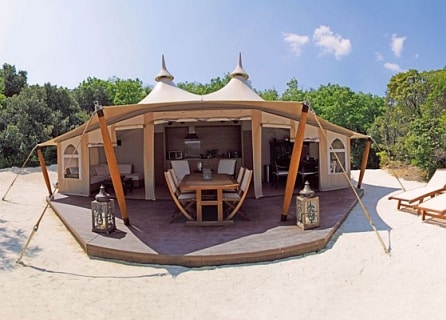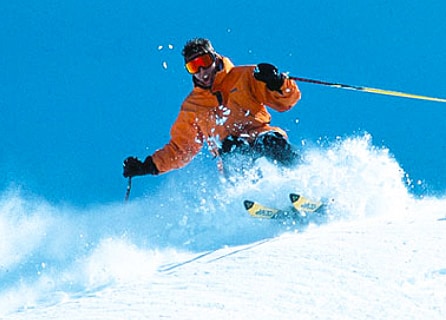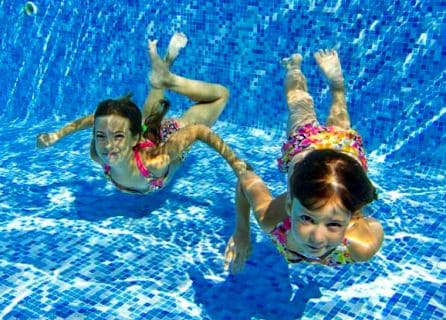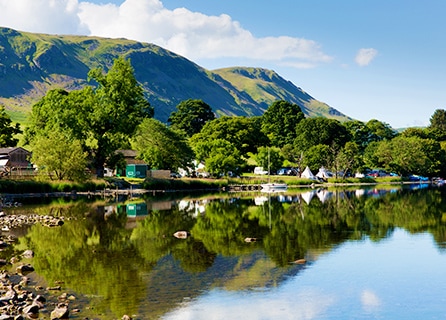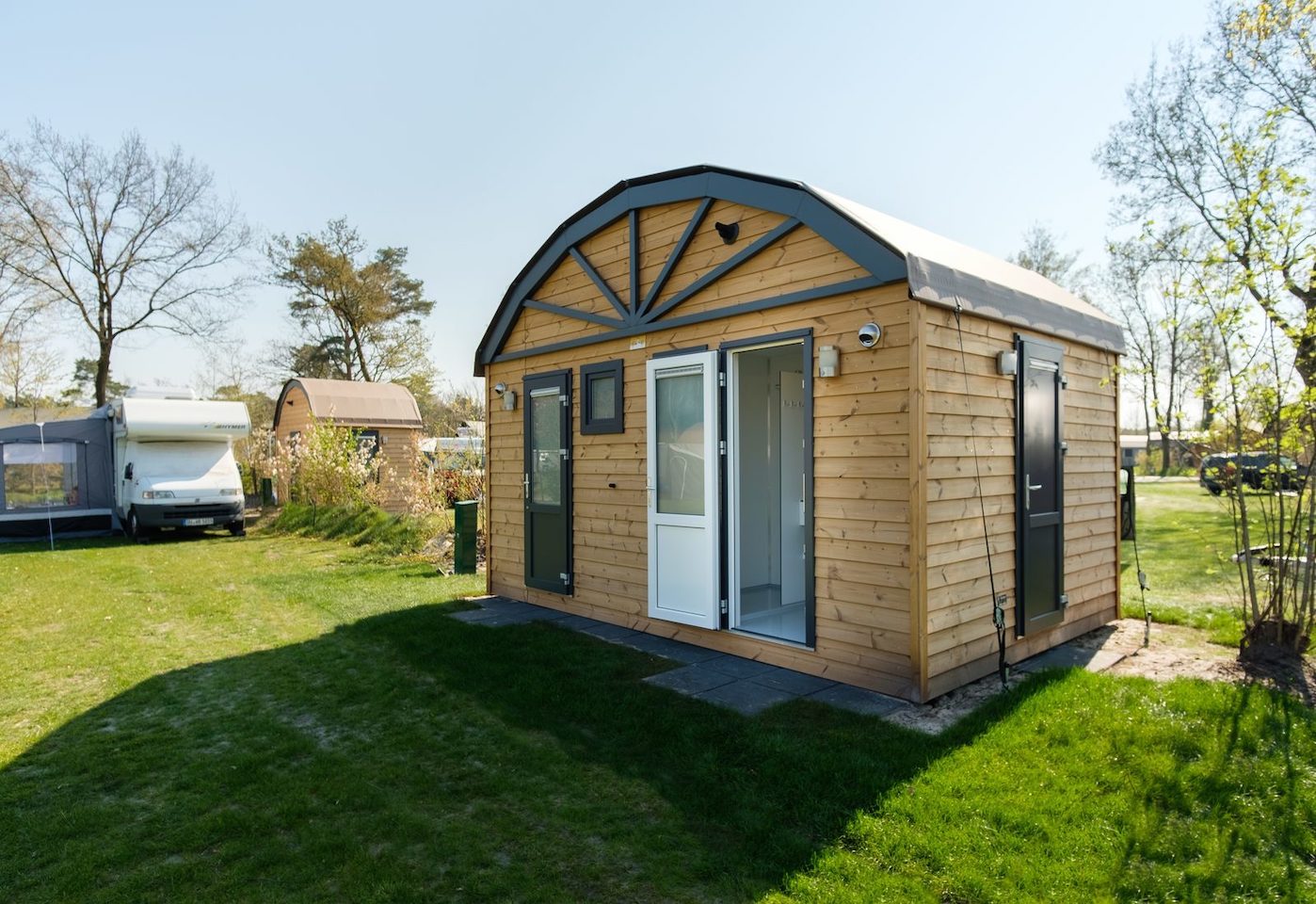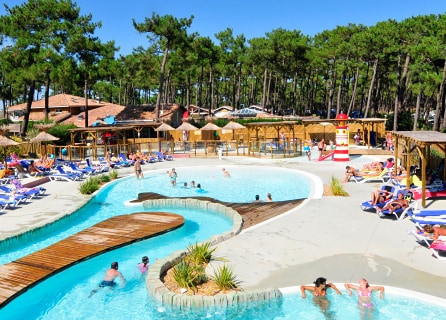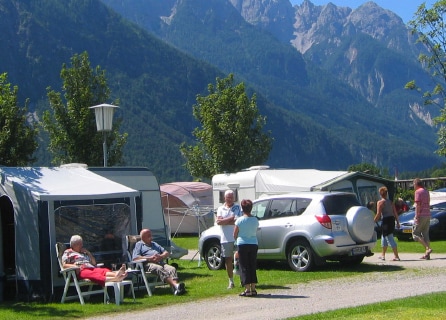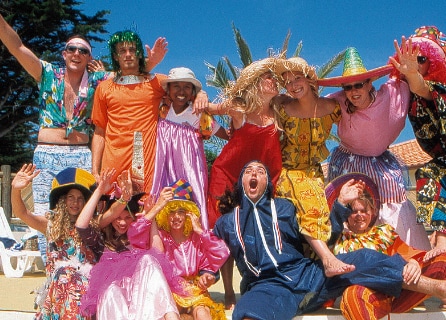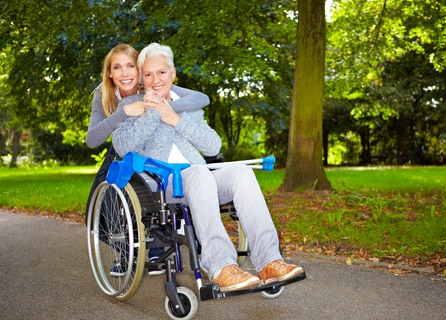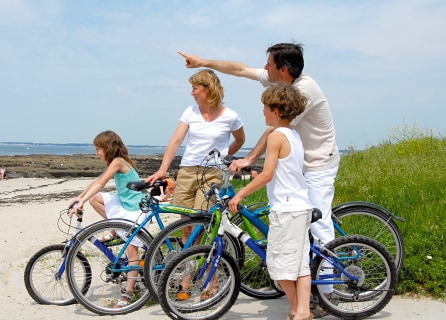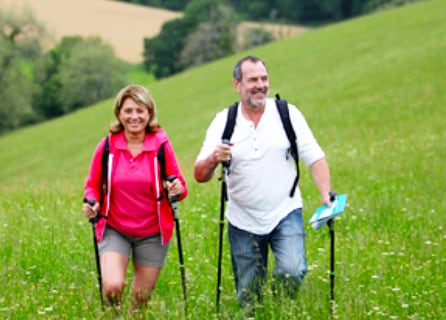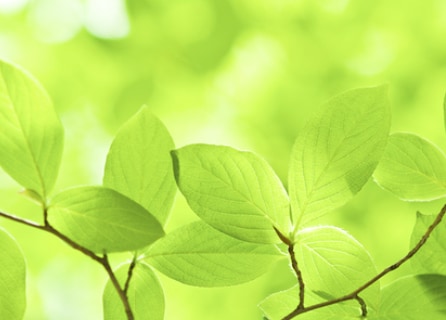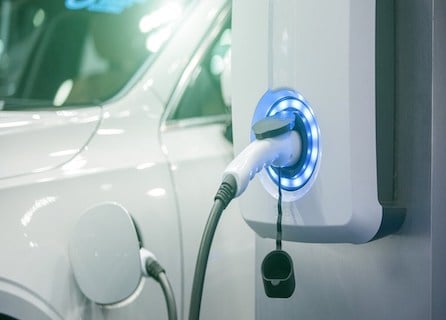Camping in Switzerland: high mountains, green valleys and blue lakes
There is probably not a single European country with a landscape that is more impressive than Switzerland. The landscape will already enthrall you while on your way to your campsite in Switzerland: breath-taking and extremely varied, inaccessible or very charming, with icy peaks and frozen glaciers but also sun-drenched, green slopes and lovely lakes in the valleys.
Nature at a high level
Nature lovers can indulge in their passion in Switzerland. The Alpine landscape, perfectly accessible from campsites, is particularly interesting for those who love camping. The lower sections are perfectly fine for the inexperienced hiker, but it is also possible to get to the top in comfort by taking a mountain lift to have a look at the view. The most photogenic mountain top of Europe is located in Switzerland: the Matterhorn. Take the cable car to the top of the mountain facing it, the Klein Matterhorn (or Little Matterhorn), where the highest cable car station in the Alps is located, and admire the fantastic view of the characteristic mountain.
Camping holiday by a lake
If you prefer to camp by water, there is much to choose from in Switzerland. Along the Swiss banks of Lake Constance, it is possible to explore the beautiful city of Constance and the flower island of Mainau. Take a boat across Lake Geneva and see the Jet d’eau (Water Jet), the landmark of the city of Geneva. Follow the footsteps of William Tell at Lake Lucerne in the cities Lucerne and Küssnacht. The lake at Neuchâtel and the Walensee (Lake Walen) also offer a great deal of water fun with sailing, fishing, swimming, surfing and paddling.
A camping holiday in Switzerland becomes even more impressive if you cross one of the elevated Alpine passes, for example, the Great St Bernard Pass, the Furka Pass or the Grimsel Pass. Much less well-known, but certainly just as beautiful, is the green and charming low mountain range in the west: the Swiss Jura Mountains. Most campsites also offer winter camping.
Switzerland for the true connoisseurs
Switzerland is famous for its cheeses, like the Emmentaler, Appenzeller or Raclette. At the Emmentaler cheese dairy, you can learn everything there is to know about the history and the production of this Swiss speciality. A good glass of wine from one of the Swiss wine regions goes well with a good piece of cheese. For those who enjoy sweets, Swiss chocolate is an absolute high point.
